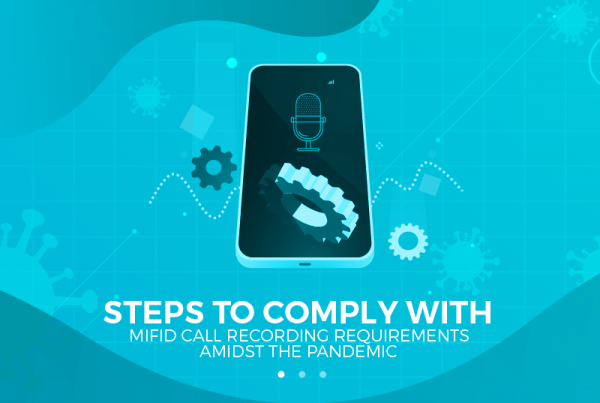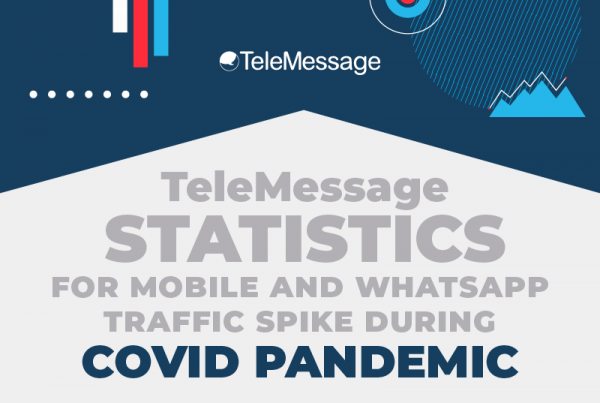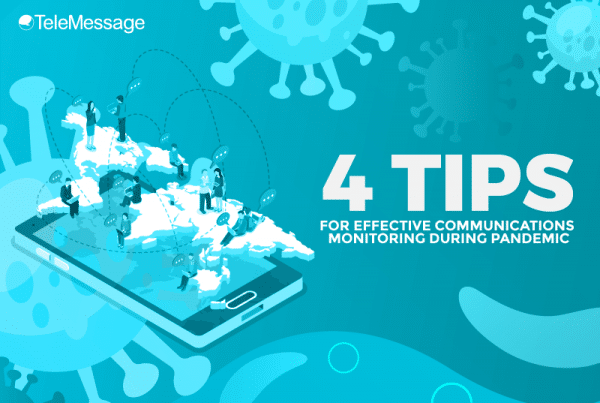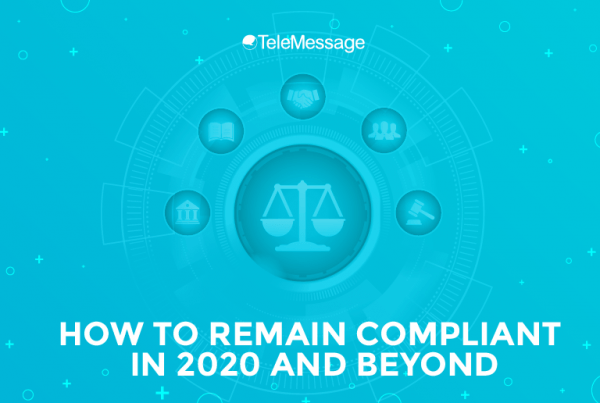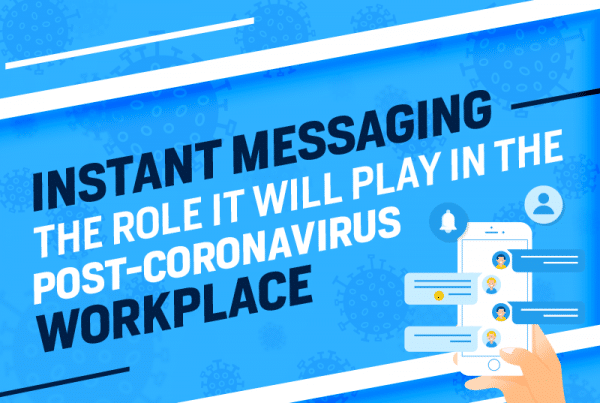Many companies and organizations record voice call to obtain evidence should they need to resolve disputes. However, it’s vital to understand that mobile call recordings are not always admissible in court, and just because it’s legal doesn’t mean it’s admissible.
Despite being deemed admissible, there’s still the matter of whether or not recording the phone call is legal.
It should be taken into consideration that there are various laws regarding call recording that people must comply with so that they won’t get charged for wiretapping.
Legal Does Not Equal Being Admissible
Even when a call is recorded legally, it still doesn’t mean that it is admissible.
What makes a mobile call recording admissible in court are the following:
- The voice recorded belongs to the person you are claiming to be.
- The software or hardware used is reliable in making accurate recordings.
- The recording is correct and is an accurate representation of the interaction with no loss of context.
- The recording is not altered or modified.
- The conversation is audible, and any inaudible parts aren’t substantial.
- The legality of the consent.
Recorded voice calls must be proven reliable and valid so they can be used in a case. There may be issues on the recording’s legality, especially when the call is monitored in secret. Several states in the United States require both parties to know that their conversation is being recorded or be charged for wiretapping. Other countries also have different call recording laws.
In Europe, call recording faced changes after MiFID II, and GDPR were implemented. Under MiFID II, all companies in the financial services sector must fulfill the following requirements:
- Record all conversations that can lead to a transaction.
- Inform the customer that their conversation is being recorded.
- Store all recorded conversations securely for a minimum period of 5 or 7 years.
- Retain the recorded conversations so that they’re easily retrievable upon request so that the company can produce them within the given time.
Under GDPR, businesses must actively justify their legality by recording phone calls by fulfilling one of the following:
- The people party to the conversation gave consent to be recorded.
- The recording is needed for a contract’s fulfillment.
- The recording is needed to fulfill a legal requirement.
- The recording is needed to protect one or more participants’ interests.
- The recording is needed for the exercise of official authority or is in the public interest.
- The recording is in the recorder’s legitimate interests unless the other participants’ interests override them.
Covert call monitoring efforts can lead to issues with breaching people’s privacy, confidence, and existing data protection laws, depending on the participants’ location. Phone calls recorded in secret may also be excluded from legal proceedings as they were obtained illegally.
However, there are instances when secretly recorded conversations were successfully used in court.
United States v. McMillan (United States)
McMillan‘s case is an example of a phone call secretly recorded and used as evidence in court. Federal and local narcotics agents in Minneapolis attempted to decrease the number of illegal drugs being sold in the area by enlisting a local, Beverly Johnson, to become a paid government informant to purchase controlled substances.
Beverly Johnson got into contact with Harold McMillan to purchase heroin from him. The phone calls between the two parties were secretly recorded and were later used as evidence. McMillan went to Ms. Johnson’s home and delivered 25 bindles containing heroin. During the trial, the District Judge permitted that the conversation between Johnson and McMillan be played.
The recorded conversation, obtained without McMillan’s consent, was used as The Court held that the call recordings were accurate and correct. Despite McMillan claiming that the tapes were introduced without proper foundation and were prejudicial, The Court affirmed that the state laid an adequate foundation for the introduction of the recordings.
Because Minneapolis’s state allowed people to record conversations as long as one is a party to the conversation, the call recording is admissible as evidence since it wasn’t recorded illegally.
Jones v University of Warwick (Europe)
In the Jones v University of Warwick case, the claimant of a personal injury claim was secretly filmed when she said that her injuries weren’t that bad as she claimed they were. The recording was done illegally because it violated the claimant’s right to privacy under Article 8 of the European Convention on the Protection of Human Rights (ECHR).
Because the recording was done illegally, there was a chance that it won’t be admissible. The Civil Procedure Rules govern legal proceedings in England and Wales. It can deem recordings done without the other party’s consent admissible unless the court uses Rule 32.1(2) to exclude them. The court can use Rule 31.1(2) to exclude admissible recordings obtained illegally, unfairly, or improperly. Evidence obtained while breaching ECHR can be excluded from proceedings.
The recording was still used in court because it formed part of both parties’ evidence and is an accurate representation of the conversation. The defendant who obtained the recording was penalized and ordered to pay a significant portion of the claimant’s legal fees.
While the case involved footage contradicting one party, recorded phone calls can also be admissible and used or excluded in court, depending on how they were obtained. Mobile call recording allows people to protect one or more parties’ interests, resulting in such electronic records being admissible in court and used as evidence.
Conclusion
Generally, recorded phone calls are admissible as evidence as long as they’re recorded legally and accurate representations of the interaction. There are some circumstances when illegally obtained records are admissible, like when they’re accurate representations of both parties’ interactions with no loss of context.
The TeleMessage Mobile Archiver effectively captures and records voice calls and other mobile content. TeleMessage addresses compliance, regulatory, eDiscovery response requirements and reduces risks in the financial industry sector with its excellent call monitoring capabilities. The messages are securely retained within TeleMessage servers or forwarded to an archiving data storage vendor.
Our mobile archiving products securely capture content from mobile carriers and mobile devices for various ownership models (BYOD, CYOD, and employer-issued). With our multiple archiving methods, you can always find the right tools or blend for your needs:
TeleMessage offers cross-carrier and international mobile text and calls archiving for Corporate and BYOD phones. Contact Us to try our secure enterprise messaging and mobile archiving products today.

